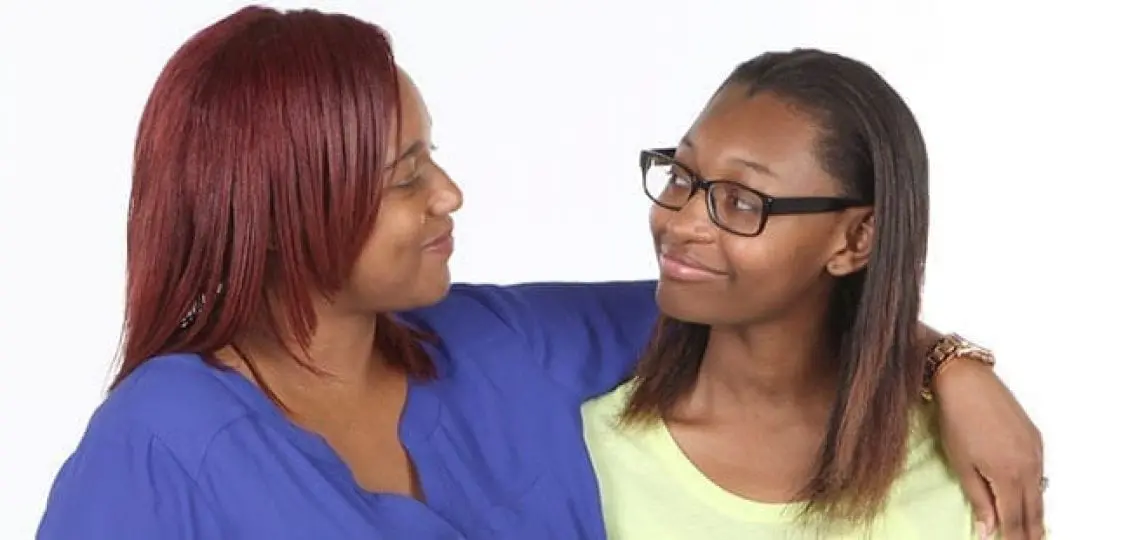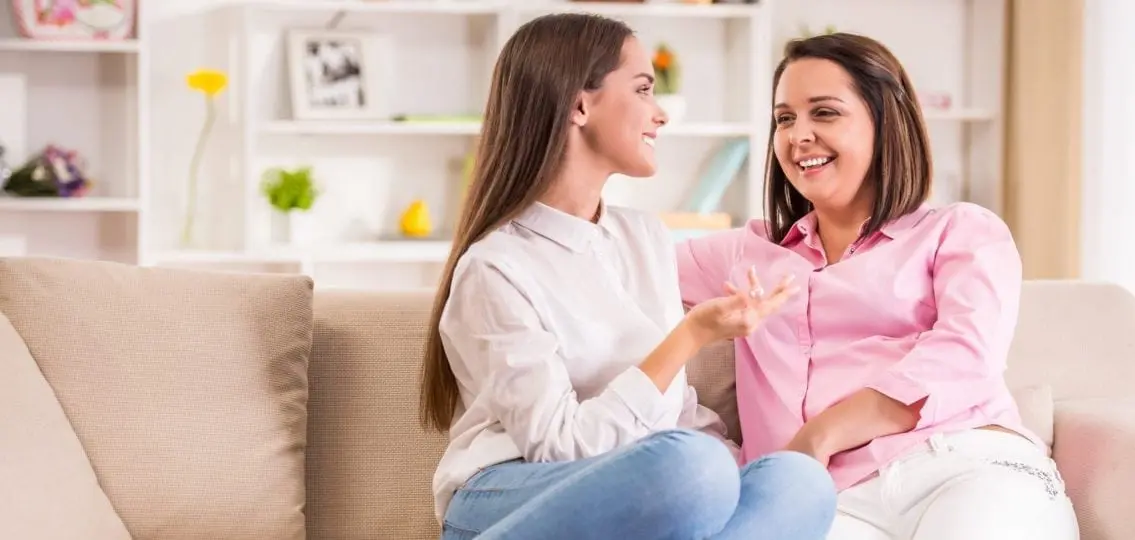When it was time for me to decide what to study in college, I found myself deeply confused. I’d always loved art, writing, and literature, but I was also fascinated by science. I felt overwhelmed making a decision at the age of 17 that would dictate the rest of my life.

As a child I was never independent or free-spirited, and decisions were hard for me. One morning when I was feeling particularly anxious, I confessed to my mother, “I have no idea what to do!”
“If you ask me,” she said immediately, “I think you should do a Bachelors of Science with a focus on Statistics.” She said she thought so because I was good at Math and I could find a well-paying job after. I wasn’t sure if this made much sense but I didn’t have the courage to think for myself, so I went to college to study Statistics. Within the first few weeks, however, I began to struggle and feel miserable. I kept trying to work hard on crunching numbers and calculations, but I fell behind my classmates and I did badly on tests.
Four months later, much to the shock and dismay of my parents, I quit. To be honest, I only did it because I knew I didn’t want to spend my entire life in misery. While my mom feared for my future, I worried that I would have to sit through another class teaching me how to punch calculator keys for two straight hours .
I lost the entire year before I began studying something I chose for myself. Looking back, I wonder if I would have made a different decision had my mom really listened to me when I was confused.
Parents Should Really Listen to Teenagers
Some people would say that she listened. Maybe it was my responsibility to think through her advice and make my own decision. She wanted to help me because she loved me and wanted me to succeed. I hear talking to teenagers isn’t exactly easy, anyway.
However, the more I reflect on this, the more strongly do I believe in the power of “active listening.” Active listening is different from the act of simply hearing someone out and then offering advice.
Active listening means engaging in a discussion. Having a real conversation. Hashing out different ideas and helping by drawing out a person’s latent feelings. It involves the act of empathy; of putting oneself in the shoes of the other person, and asking questions to help the other person think clearly and make sense of their feelings.
Talking to teenagers should involve active listening. Perhaps my mother could have asked me: Which subjects do you love best in school? How would you describe your skills and talents? What do you see yourself doing five years from now? If you imagine yourself in a job, what work do you think you’ll most enjoy?
These questions would have gotten me to analyze myself, understand my passions, and chart a course of study that was more aligned with who I was. Instead, my mother concluded that Statistics was the best thing for me to do. Although my mother wanted the best for me, she didn’t know how best to help me.
The next eight months were a hard road of self-discovery, struggling to find out what to do with my life. I forced myself to overcome my shyness and met with people from different professions. I read about different fields. Five years later, I graduated as an animator and filmmaker. I became a published author and illustrator for prestigious publications like Scholastic and Puffin-Penguin. In the end, I attended Columbia University School of Journalism where I found my calling.

I quit Statistics because of how much unhappiness it brought me, but the act of doing that brought me to where I am today.




